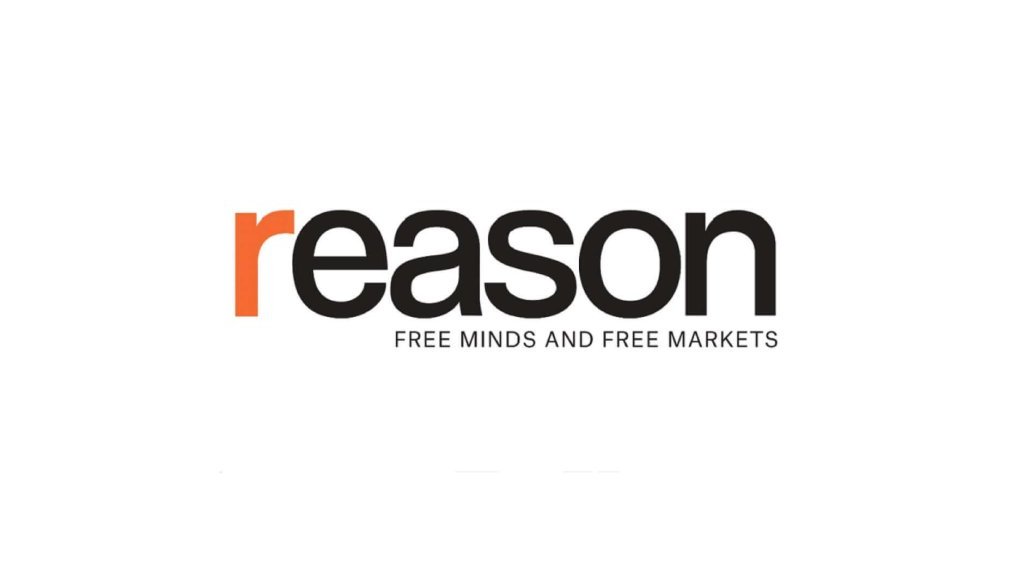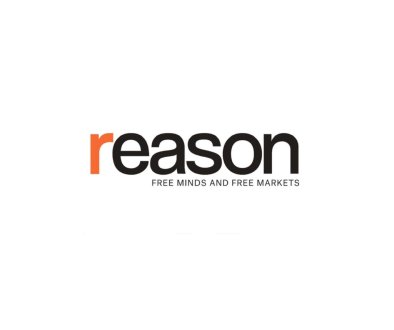Remembering David Souter
Justice David Souter passed away last week. I clerked for him early in his tenure on the Court, in October Term 1992, and ever since the news, I’ve been thinking about him—talking with friends, family, and former colleagues who’ve reached out to share memories and condolences.
To be honest, I hadn’t planned to write anything about my time with him. He never cared much for public tributes, and I have always felt awkward telling stories about him, even good ones. I wasn’t a close friend or confidant, just one of his former law clerks, and I didn’t want to presume on my association with him. But I’ve come to feel that sharing a few memories, especially those that highlight what kind of person he was, might be helpful. Someday, historians will write about him. Maybe personal recollections like mine will add something.
Justice Souter was a remarkable person and a true gentleman. He never had his head turned by Washington. That’s an astonishing virtue. Washington is full of people with relatively unimportant jobs—chief assistant to the assistant chief—who nonetheless lord it over others. Justice Souter, who held one of the most powerful positions in the country, never made an issue of it. He simply did his job as he saw best. His rulings disappointed conservatives, but it’s wrong to maintain, as some do, that he changed his views because of praise from Washington insiders. He didn’t pay attention to those things. His fundamental convictions, in which he had great confidence—those of an old-fashioned, Yankee Republican—were always his own.
When I clerked
Article from Reason.com

The Reason Magazine website is a go-to destination for libertarians seeking cogent analysis, investigative reporting, and thought-provoking commentary. Championing the principles of individual freedom, limited government, and free markets, the site offers a diverse range of articles, videos, and podcasts that challenge conventional wisdom and advocate for libertarian solutions. Whether you’re interested in politics, culture, or technology, Reason provides a unique lens that prioritizes liberty and rational discourse. It’s an essential resource for those who value critical thinking and nuanced debate in the pursuit of a freer society.




